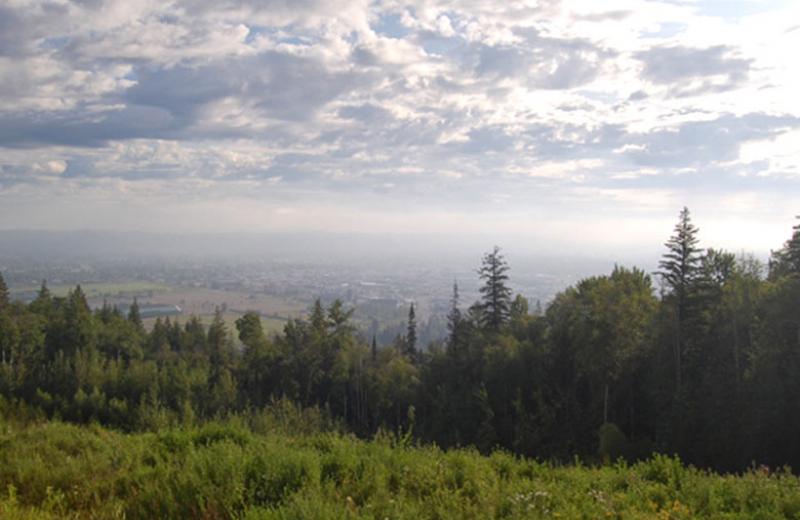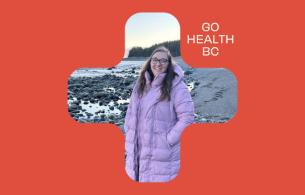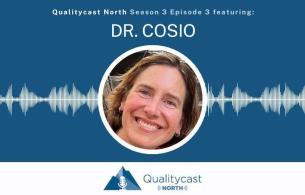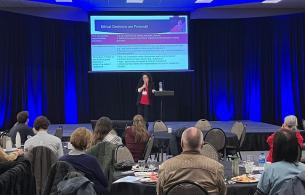The province is currently inundated with numerous wildfires. Not only are fires a serious safety risk, but the smoke from these fires can be harmful to our health (especially to unborn children, children, the elderly, and those with chronic illness).
Here are some quick tips for breathing easier during a smoky skies bulletin:
- Limit your exposure to wildfire smoke
- Stay indoors and keep the air clean (windows/doors closed, no smoking, no burning fireplaces/candles/incense, no vacuuming, use a HEPA or EP indoor air cleaner if available).
- Reduce the amount of time spent outdoors – avoid rigorous outdoor activities.
- When in a vehicle, keep windows closed with air conditioning set to recirculate.
- Visit a clean air shelter or a location that has a large volume of air that is air conditioned and filters the air (such as shopping malls, swimming pools, public libraries, etc.).
- People with asthma or other chronic illness should ensure they have an adequate supply of inhalers/medication and should activate their asthma or personal care plans. Some people may consider leaving the smoke filled area altogether if symptoms cannot be managed according to their care plan.
- Visit HealthLinkBC, call 8-1-1 (non-emergency), see your doctor, or call 9-1-1 (emergency) if you’re experiencing symptoms, ranging from eye, nose, and throat irritation to difficulties breathing and cardiovascular distress.
- Be aware – visit bcairquality.ca for current air quality information.
Smoky conditions often happen during hot weather events, which means that it may also be important to stay cool:
- Spend time in the coolest room in the home (e.g. basement).
- Use an air conditioner or spend time at a location equipped with air conditioning and air filtration.
- Take a cool bath or shower.
Resources
For information regarding wildfires, including information on wildfire status and prevention, visit the BC Wildfire Service. Report wildfires to *5555 (cell) or 1-800-663-5555.
For road updates, please contact www.drivebc.ca
For evacuation updates, please connect with Emergency Info BC: www.emergencyinfobc.gov.bc.ca
For tips on how to prepare for the wildfire smoke season, see BC Lung.
Northern Health supports the Ministry of Environment (MoE) with air quality advisories and bulletins when certain air pollutants become a concern. MoE issues Smoky Skies Bulletins when smoke can be expected in a local airshed. Unlike air quality advisories which are based on air concentrations measured at monitors, these Smoky Skies Bulletins are issued by a meteorologist who uses a number of different tools to determine that smoke is likely to enter a specified region. These bulletins can provide sooner warning to people that their health may be affected during the smoke event and may also be in affect longer than a typical advisory due to the unpredictable nature of wildfire smoke.















Comments